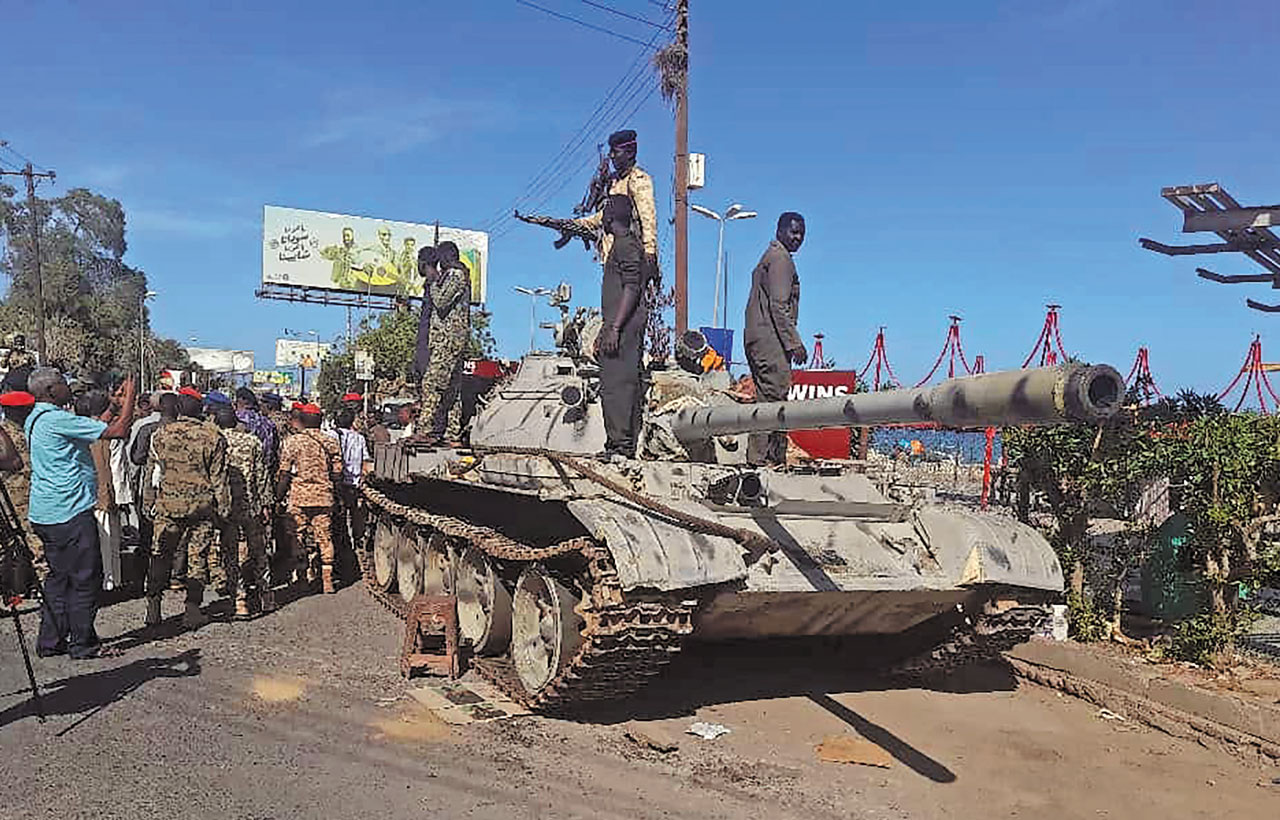
Background
The Sudanese civil war began on April 15, 2023, as a power struggle between the Sudanese Armed Forces (SAF) and the Rapid Support Forces (RSF). This conflict originated from issues related to Sudan's governance structure, with the primary cause being the power dispute between the two military factions. Following a coup in 2021, the civilian government was overthrown, leading to a power struggle between military leaders Abdel Fattah al-Burhan (SAF) and Mohamed Hamdan Dagalo (Hemedti, RSF). In 2022, they agreed to transition to a civilian government, but disagreements over the integration of RSF into SAF and power-sharing issues caused the agreement to fail.
Key Events
- 2021 Coup: Economic expert Abdalla Hamdok was appointed as Prime Minister but was arrested in an October 2021 coup, leading to the overthrow of the civilian government and subsequent international condemnation and sanctions.
- 2022 Agreement: Military leaders signed an agreement to transition to a civilian government, but conflicts over specific implementation conditions and RSF integration continued.
- 2023 Escalation: Full-scale armed conflict began in April 2023 and spread nationwide, with particularly intense fighting in Khartoum and Darfur.
Humanitarian Crisis
The escalating conflict has resulted in the deaths of thousands of civilians and displaced millions. Many people have been forcibly displaced from their homes, and indiscriminate violence and human rights abuses are widespread, particularly in Khartoum and Darfur. Reports indicate that the RSF has committed ethnically motivated attacks, including numerous civilian killings and sexual violence. By December 2023, over 6.7 million people had fled their homes both within and outside Sudan.
Major Issues
- Civilian Deaths and Displacement: Thousands of civilians have died, and millions have been displaced.
- Sexual Violence and Human Rights Abuses: Both RSF and SAF have committed violence and sexual assaults against civilians, with RSF conducting ethnically motivated attacks.
- Economic Impact: The conflict has severely damaged Sudan’s economy, exacerbated by international sanctions and the suspension of economic aid.
International Response
The international community has made various efforts to resolve the Sudanese civil war. The UN and African Union are mediating between the conflicting parties and providing humanitarian aid, including food, water, and medical support to refugees. Organizations like the International Red Cross and the World Food Programme are actively providing on-the-ground assistance. Additionally, the United States and the European Union have imposed economic sanctions on key figures involved in the conflict and are diplomatically isolating the Sudanese government to push for peace. NGOs like Amnesty International and Human Rights Watch are monitoring and reporting human rights violations, and working with the International Criminal Court to investigate war crimes.

The civil war has caused extreme suffering and crises for civilians. Thousands have been killed and millions displaced, with many fleeing to neighboring countries. These refugees struggle with basic necessities and access to medical care and food. Both military factions have committed acts of sexual violence, kidnapping, and human rights abuses. The conflict has led to the destruction of medical facilities and a severe shortage of medical supplies and personnel, leaving many without adequate treatment. Economic activities have halted, prices have soared, and unemployment has risen, making it difficult for people to sustain their livelihoods. These conditions illustrate the severe hardship and danger faced by civilians in Sudan.



